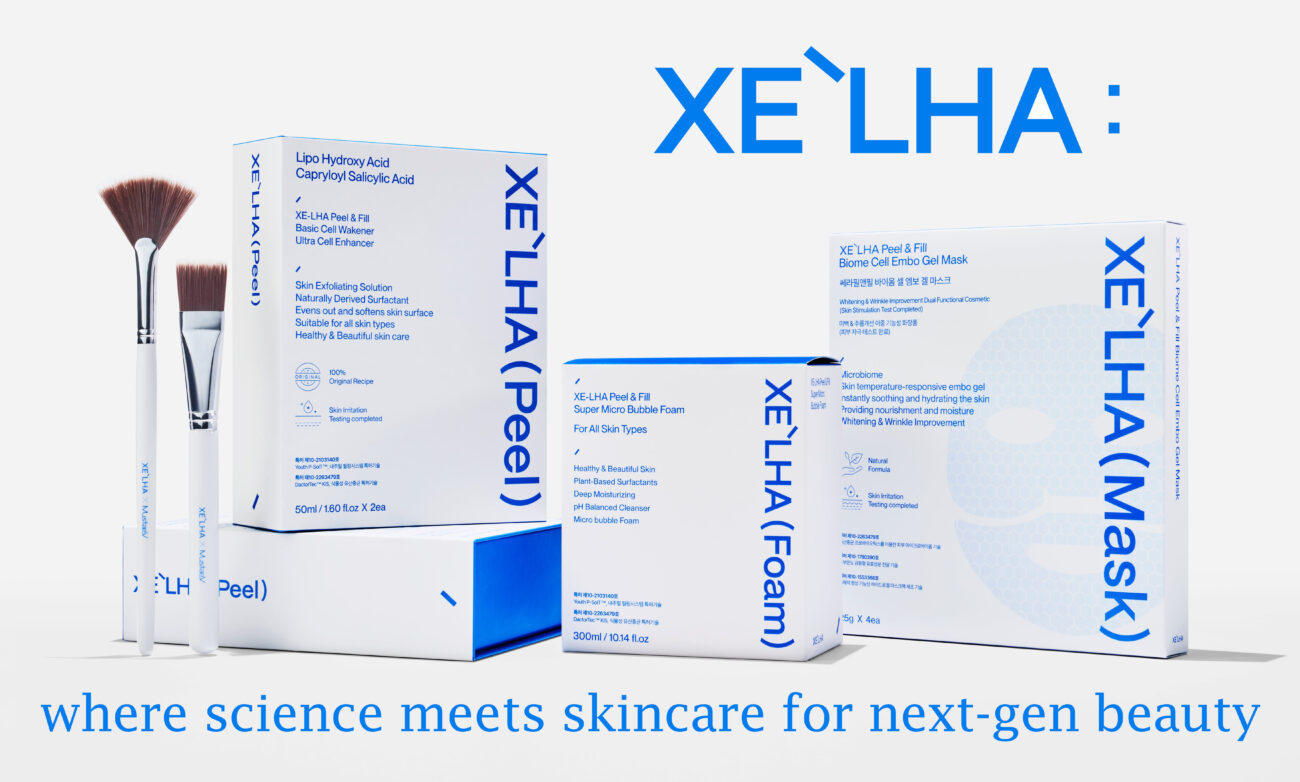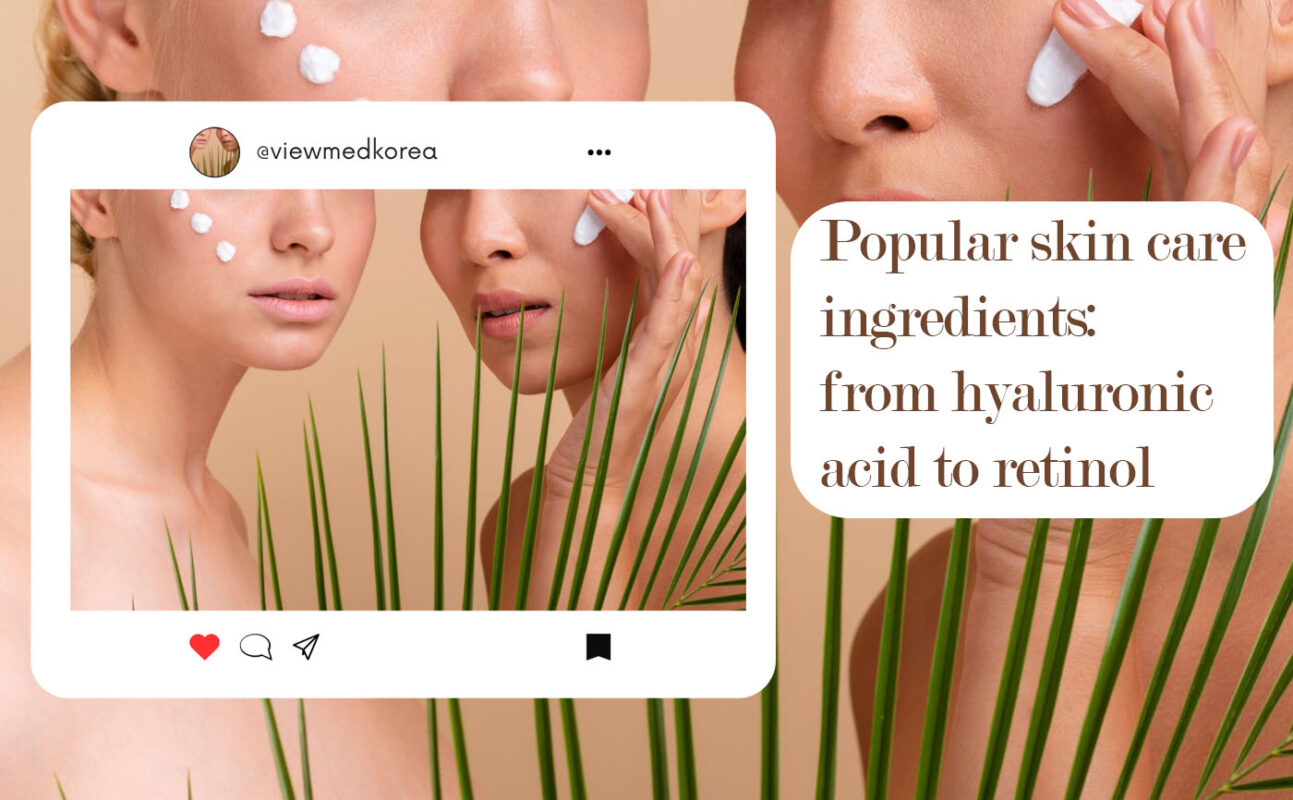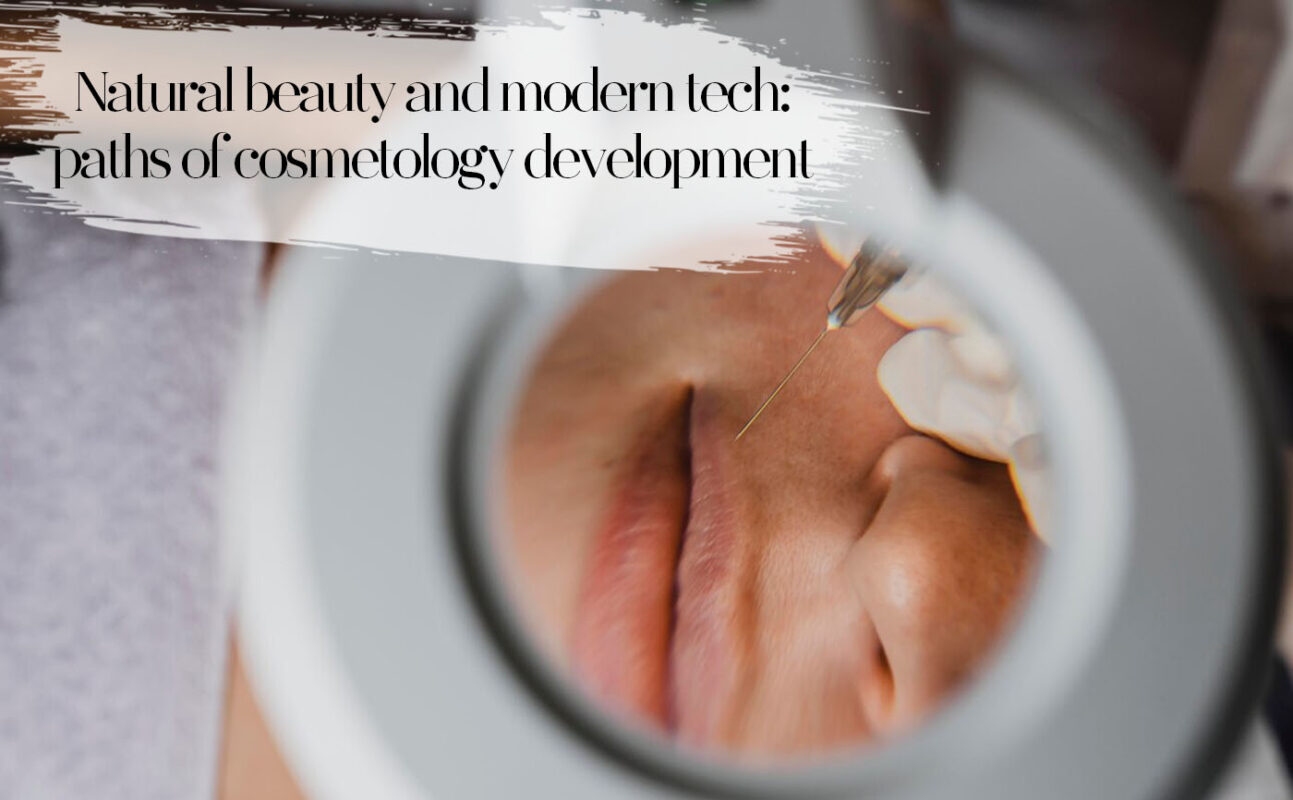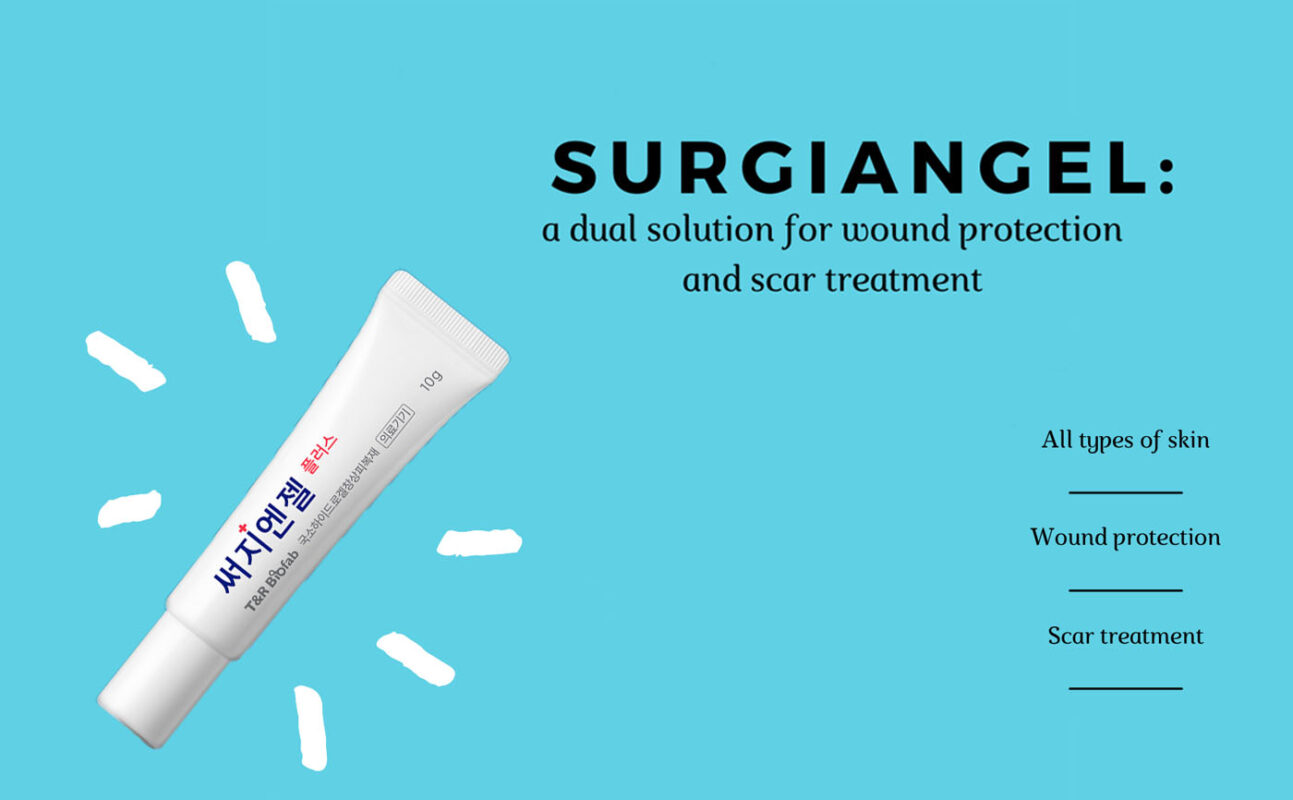Reinforcing your skin’s foundation: why Collagen is essential for you

Many people in the modern world talk about the benefits of collagen not only for skin health, but also for the overall health of the body. However, few people understand what collagen really is and how it is formed. Collagen is the most important protein in our body, which performs a structural function, creating a framework and linking all the components of connective tissue together. It is a major component in skin, bones, tendons, and muscles, playing a key role in maintaining their strength. The importance of collagen for the skin is especially important, as it gives it elasticity, smoothness and a healthy appearance.
Approximately 30% of all proteins in our body are made up of collagen fibers. This high proportion highlights its importance for the normal functioning of the body. In the skin, collagen forms a strong mesh that supports its structure and prevents the appearance of wrinkles. However, with age, collagen synthesis slows down, which leads to a loss of firmness and elasticity of the skin.
In addition, the quality of collagen depends on a variety of factors, including lifestyle, nutrition, stress levels, and environmental influences. For example, a lack of vitamins, especially vitamin C, negatively affects its production process. Smoking, excessive sun exposure, and poor nutrition accelerate the breakdown of collagen fibers, which also affects the appearance of the skin. Collagen forms a skeleton in the skin, but it also does this in bones, cartilage, and even blood vessels.

When our body is confronted with inflammation or damage, all resources are directed to fight infection or eliminate injuries. After the threat is eliminated, the restoration of damaged tissues begins, and it is collagen that becomes the main building material for healing. It helps to "patch up" the formed defects and restore the structure of tissues. However, it is important to note that during the regeneration process, collagen fibers are not formed in the same way as in healthy skin. In the damaged areas, they are arranged more randomly, which leads to the formation of scars. These scars, as a rule, differ from healthy skin not only in appearance, but also in texture, they may be less elastic and durable. However, this recovery process is vital, as it helps minimize damage and speed up healing.
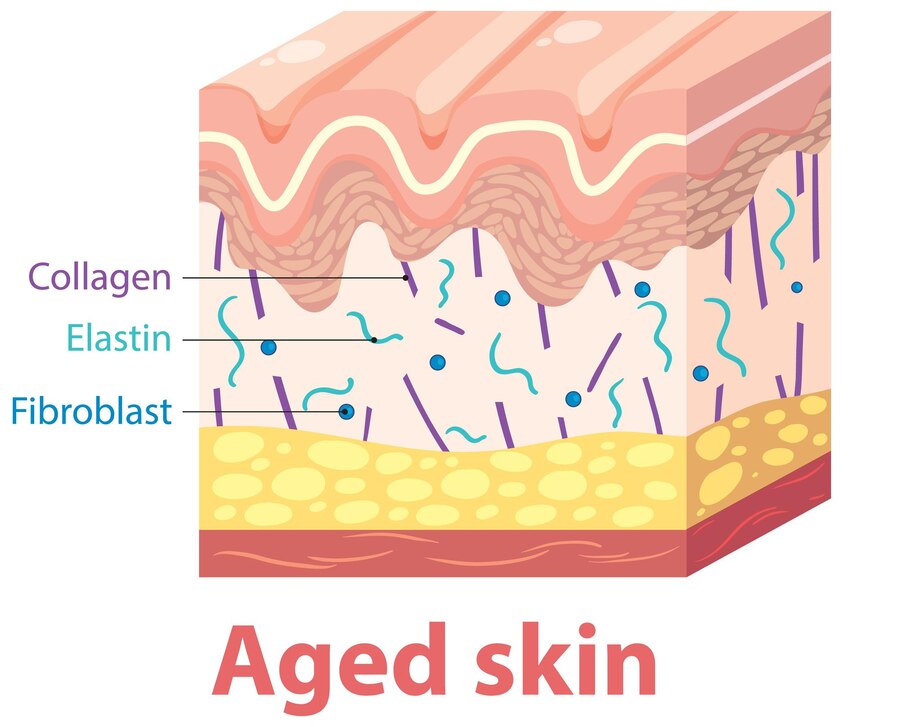
In addition to regeneration, collagen also plays an important role in maintaining firmness and elasticity of the skin, which helps prevent the appearance of excessive scars and stretch marks. With age, however, the body's ability to produce collagen decreases, which leads to a weakening of these processes and can contribute to more visible and long-lasting damage marks.
There are more than 20 types of collagen, but only four of them perform basic functions in the body. Each of these types has a specific effect on various aspects of our health, including the condition of the skin, joints and other structures.
The first type of collagen is the most common and is responsible for the elasticity and youthfulness of the skin. It is also present in tendons, bones, cornea, and teeth, giving them strength and stability. This type of collagen is especially important for maintaining the beauty and elasticity of the skin, ensuring its density and preventing the appearance of wrinkles. The second type of collagen affects the condition of cartilage, intervertebral discs, and vitreous, supporting joint flexibility and cushioning. The third type, on the other hand, is widespread in blood vessels and is important for maintaining skin elasticity, which contributes to its mobility and healthy appearance. The fourth type of collagen, although less well known, plays an important role in maintaining the structure of the basement membrane, separating connective tissue from other cells.
Collagen can be obtained from food of animal origin. Foods such as meat, fish, broths, and gelatin are good sources of collagen. However, it is important to remember that simply consuming foods rich in collagen does not guarantee a sufficient amount of it in the body. For effective collagen synthesis, the body must have sufficient resources such as amino acids and vitamins, as well as the normal functioning of the digestive system, which is responsible for the absorption of these components.

In addition, one of the main factors affecting collagen synthesis is the level of hormones such as estrogen and testosterone. These hormones play an important role in maintaining healthy skin and collagen synthesis, which explains why with age, when hormone levels begin to decrease, the process of collagen formation slows down. For example, in women after menopause, collagen synthesis is significantly reduced, which leads to a loss of skin elasticity and the appearance of wrinkles.
It is also worth noting that the proper functioning of the digestive system is of great importance for the production of collagen. Digestive problems can disrupt the absorption of essential nutrients such as vitamin C, copper, and zinc, which are critical for collagen synthesis. Therefore, maintaining intestinal health and effective absorption of food directly affects the body's ability to produce sufficient amounts of collagen.
To maintain the level of collagen in the skin, many resort to various cosmetic procedures that promote its active synthesis. One of these methods is the effect on fibroblasts, the cells that produce collagen. Procedures such as mesotherapy, biorevitalization, plasma therapy, and RF lifting activate fibroblasts through micro-trauma to the skin, which stimulates the natural processes of collagen repair and synthesis. These treatments help to improve the firmness and elasticity of the skin, slowing down the aging process.
In addition, there are injectables that directly stimulate the production of collagen. For example, polylactic acid and other types of fillers, which are injected into the skin, promote accelerated production of collagen fibers, improving the density and structure of the dermis. Such injections help to effectively combat age-related changes, smoothing wrinkles and restoring the overall elasticity of the skin, which makes it look younger and healthier.





